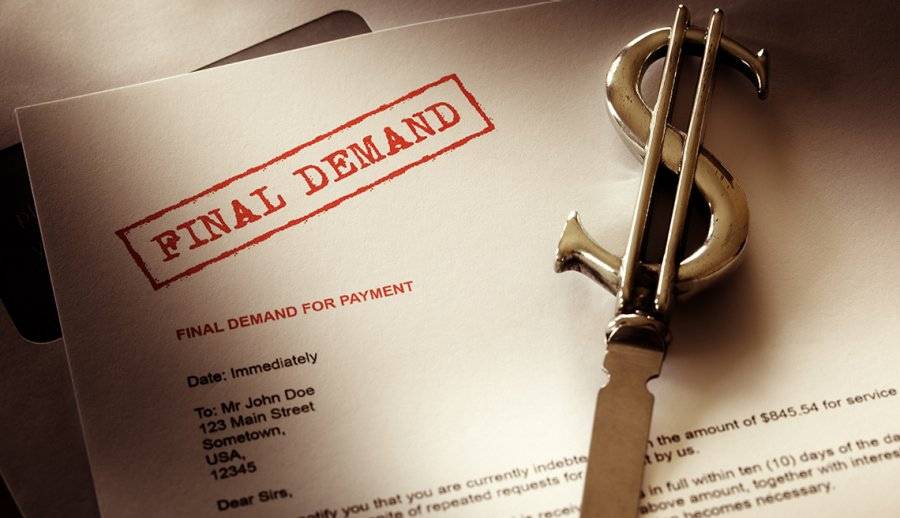In today’s fast-paced world, it’s not uncommon for individuals and families to find themselves burdened with debt. Whether it’s due to unexpected medical expenses, student loans, or financial hardships, debt can quickly become overwhelming. However, there is hope. Debt negotiation is a powerful strategy that can help you regain control of your finances and pave the way to a brighter future. In this blog post, we’ll delve into the art of debt negotiation and provide you with valuable insights and tips to navigate this process effectively.
Understanding Debt Negotiation:
Debt negotiation, also known as debt settlement, is a process in which borrowers and creditors reach an agreement to settle outstanding debts for less than the full amount owed. The aim is to find a middle ground that benefits both parties involved. Instead of drowning in debt or resorting to bankruptcy, negotiation offers an alternative path towards financial freedom.
Key Steps in Debt Negotiation:
Assess Your Financial Situation: Begin by taking a comprehensive look at your financial status. Gather all necessary information, including outstanding debts, interest rates, and minimum payment requirements. This evaluation will help you understand the full extent of your debt and devise a realistic negotiation plan.
Prioritize and Budget: Determine your priorities and establish a budget to allocate funds for debt repayment. Consider cutting unnecessary expenses and redirecting those savings towards debt reduction. Demonstrating your commitment to resolving your financial obligations will strengthen your negotiation position.
Communicate with Creditors: Reach out to your creditors to initiate a conversation about debt negotiation. Explain your circumstances honestly and transparently, emphasizing your willingness to repay but acknowledging the financial challenges you’re facing. Remember, open lines of communication can lead to more favorable outcomes.
Seek Professional Assistance: If negotiating directly with creditors seems daunting, consider enlisting the help of a reputable debt negotiation company. These professionals specialize in debt resolution and can guide you through the negotiation process, leveraging their expertise and experience to secure the best possible outcome.
Negotiation Tactics:
a. Offer a Lump Sum Payment: Propose a lump sum payment that is less than the total outstanding debt. Creditors may be more inclined to accept a reduced amount if they can collect the funds immediately.
b. Request Debt Restructuring: Explore the possibility of restructuring your debt by extending the repayment period or reducing interest rates. This option can provide temporary relief and make the debt more manageable.
c. Request Removal of Late Payment Penalties: Negotiate the removal or reduction of late payment fees and penalties. Creditors may be willing to waive or reduce these charges to facilitate the resolution of the debt.
Get the Agreement in Writing: Once you’ve successfully negotiated a settlement, ensure that you have a written agreement in place. The document should clearly outline the terms of the settlement, including the reduced amount, payment schedule, and confirmation that the settlement resolves the debt in its entirety.
Fulfill Your Commitments: Once the agreement is finalized, make timely payments as per the negotiated terms. Demonstrating your reliability will help you rebuild your credit and restore financial stability.
Benefits and Considerations:
Debt negotiation offers a way to escape overwhelming debt without resorting to bankruptcy, preserving your credit score to some extent.
By settling your debts for less than the full amount, you can achieve significant savings and regain control over your finances.
Debt negotiation may have short-term implications on your credit score, but with responsible financial behavior moving forward, you can rebuild your credit over time.
Conclusion:
Debt negotiation is a powerful tool for individuals burdened by debt, providing a pathway to financial freedom and peace of mind. By understanding the negotiation process, employing effective strategies, and seeking professional assistance when necessary, you can take control of

